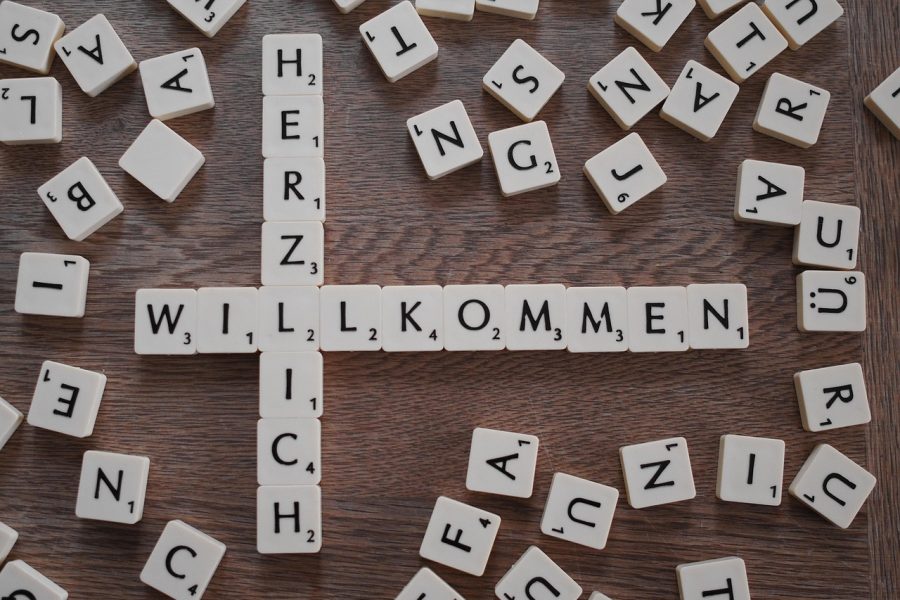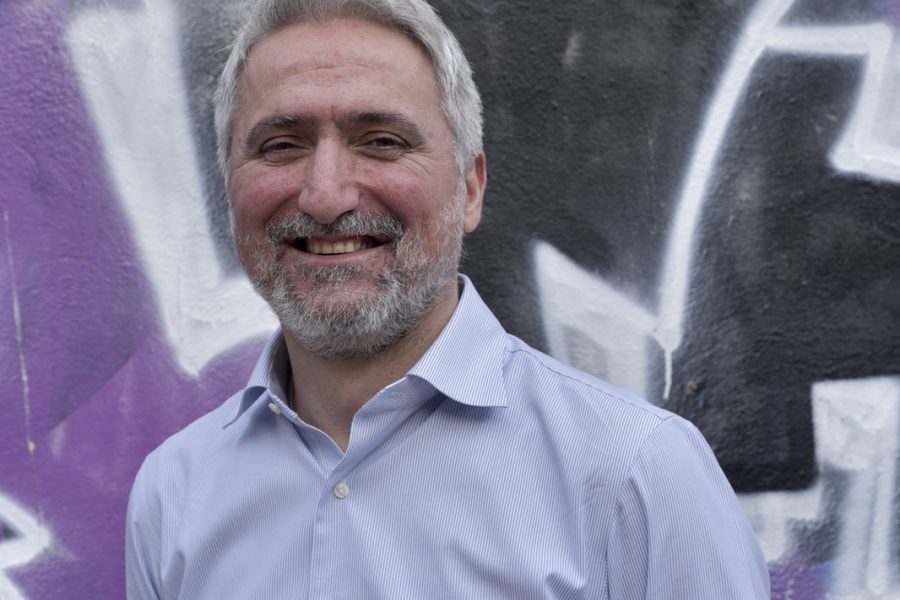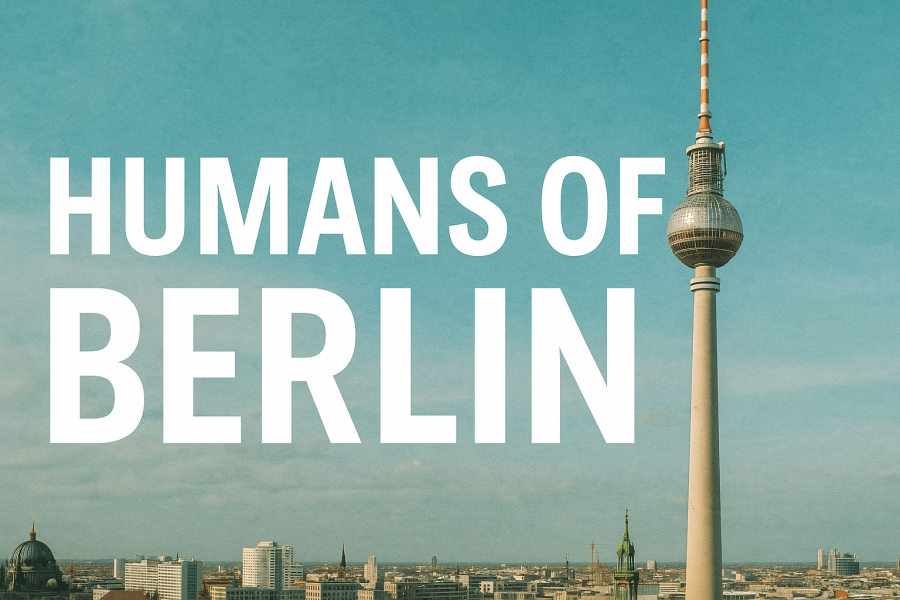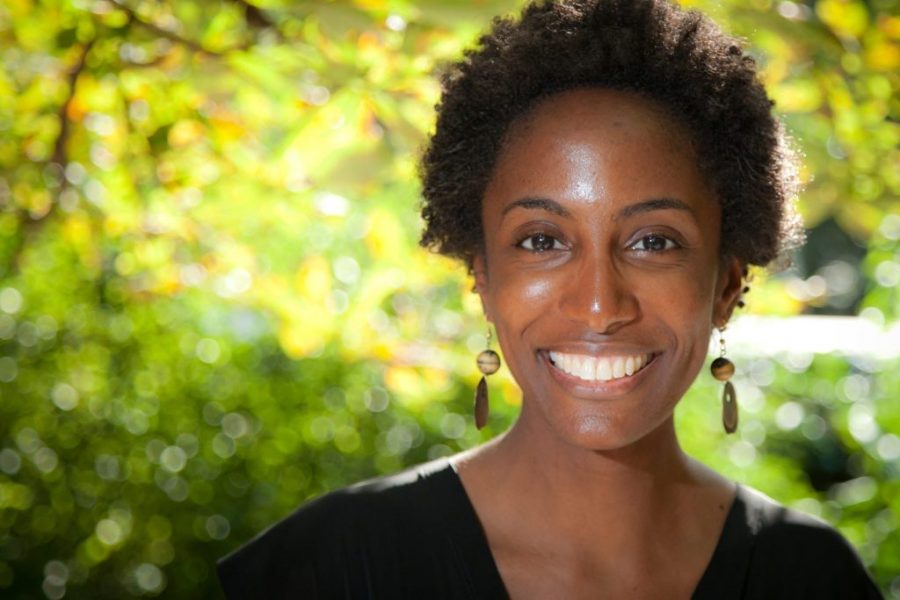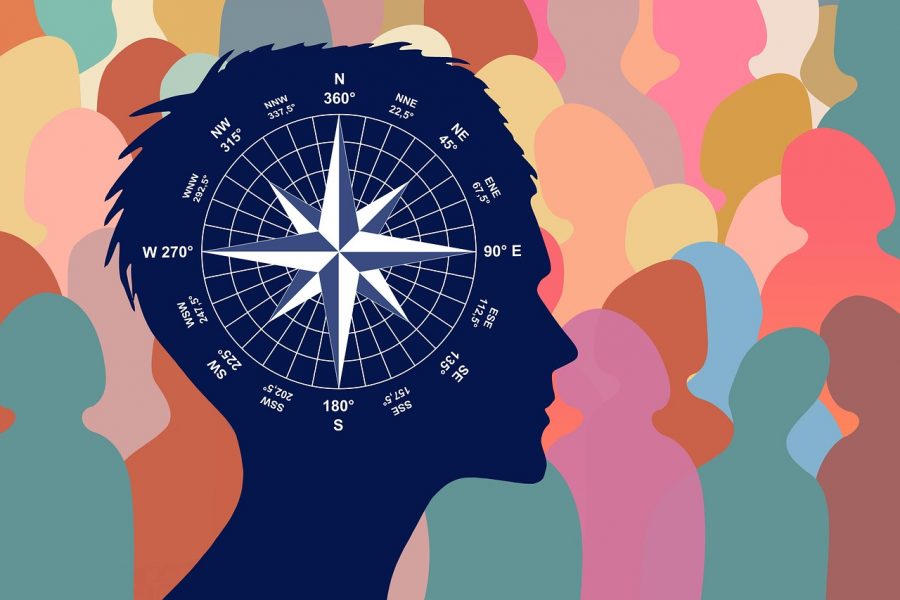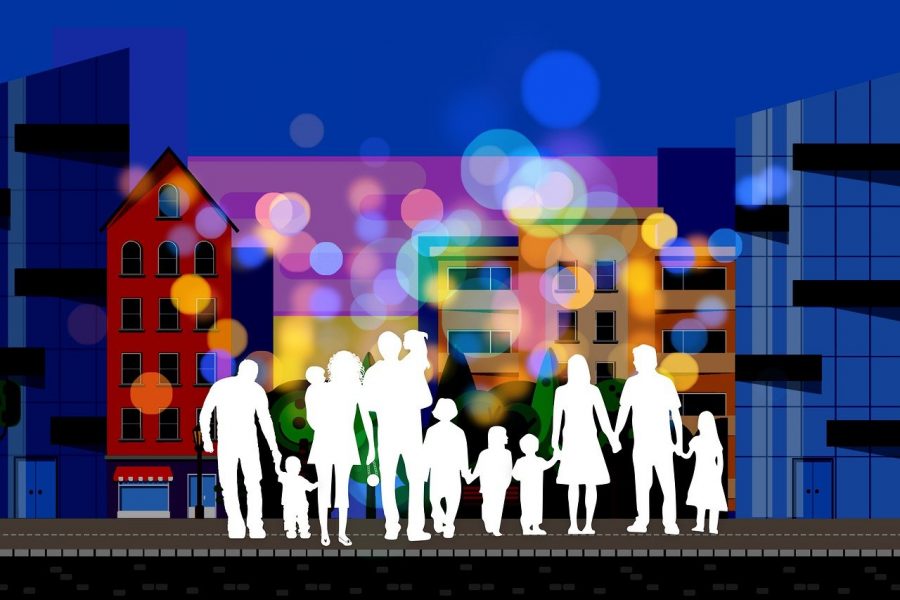Most Berliners know the Bezirksamt as the place where they wait weeks for a Bürgeramt appointment. But behind the paperwork lies one of the most important layers of democracy in the city — the level of government that shapes daily life in every neighborhood.
Berlin often feels like two cities at once: a capital where decisions of national importance are made, and a patchwork of neighborhoods where daily life unfolds. Somewhere between these levels sits an institution that many international residents barely know — the Bezirksamt, the district office. For anyone trying to understand how Berlin works, this is one of the most important yet overlooked parts of the city’s political life.
Berlin’s Twelve Districts
Berlin is divided into twelve districts, each with its own Bezirksamt. While the Senate of Berlin sets city-wide policies, the Bezirksamt is responsible for making them tangible in everyday life. It is the executive branch of the district, led by a district mayor and several councillors, each of whom is responsible for different areas such as education, urban development, or social affairs. Put simply, the Bezirksamt is the level of government that most directly affects your neighborhood.
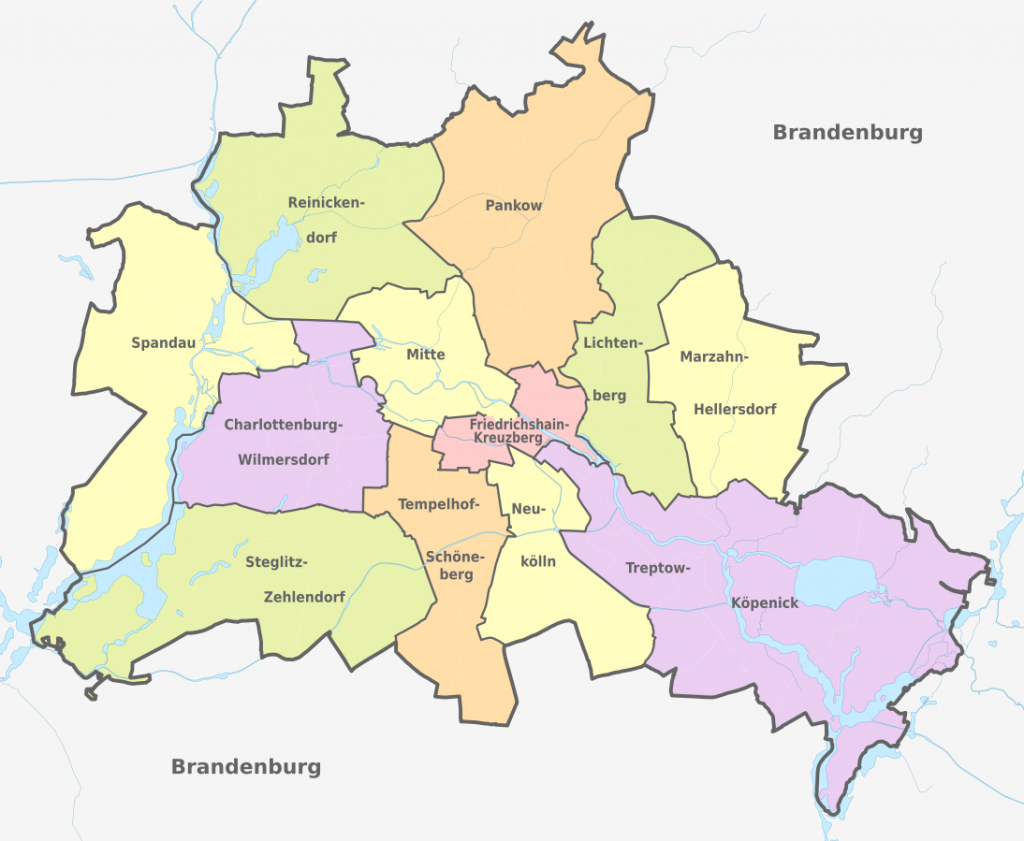
@Wikimedia Commons
When you register your address at the Bürgeramt, the appointment you struggle to book is organized under the umbrella of the Bezirksamt. When you walk through a local park, use a public library, or send your child to a kindergarten, the conditions you encounter are shaped by decisions at this district level. Even the small things, like whether a broken playground is repaired quickly or whether a cultural center in your Kiez receives funding, are handled not by the Senate but by your local district administration.
Behind these practicalities lies a structure of local democracy. The Bezirksamt does not operate in isolation but in constant dialogue with the Bezirksverordnetenversammlung, or BVV, the district council. The BVV is made up of elected representatives who decide on the priorities of the district and supervise the work of the Bezirksamt. Their debates often concern the things that most visibly influence people’s lives: which school should be renovated first, where new bike lanes should be built, how funds should be distributed among local cultural projects. The Bezirksamt then has the task of putting these decisions into practice.
| How to get involved? District councils (BVV) are open to the public. You can attend their meetings, ask questions, or submit petitions — even if you don’t hold German citizenship. EU citizens can vote in district elections. Check your district’s BVV website for meeting dates and opportunities to participate. |
Why It Matters for International Residents
For international residents, this can seem like a distant process, but it is actually the closest level of government you can encounter in Berlin. EU citizens living here can vote in BVV elections, and all residents can attend council sessions or even submit questions and petitions. Unlike the national parliament or the Senate, the district council meets in a building that is probably only a few tram stops away from your apartment. It is the point where local democracy is most visible and, at least in theory, most accessible.
It is also the arena where frustration often builds up. Long waiting times for Bürgeramt appointments, endless paperwork, or the feeling that simple issues take years to resolve — all of this is associated with the Bezirksamt. Yet the very fact that the district offices are responsible for so many everyday services means that they are also the places where you can demand change. Understanding their role is the first step toward using them, and using them is the first step toward making Berlin feel more livable.
The Invisible Layer That Shapes the City
The Bezirksamt is not glamorous. It does not make international headlines, and it rarely features in national debates. But it is the invisible layer of government that quietly shapes the rhythm of the city. The school your child attends, the playground around the corner, the cultural programs that make your neighborhood vibrant — all of these depend on decisions made within your district’s town hall.
To care about the Bezirksamt is to care about the everyday life of your community. And to engage with it, even just by understanding what it does, is to take part in shaping Berlin from the ground up. That is why, even if the German bureaucracy feels like a maze, taking the time to learn how your district office works is worth it. Because once you know where decisions are made, you also know where your voice can make a difference.
| Bezirksamt vs. Bürgeramt — What’s the Difference? Many people in Berlin confuse these two terms — understandably so! Bezirksamt is the district government. It’s led by the district mayor and councillors and is responsible for schools, kindergartens, social services, city planning, green spaces, and cultural support. It’s the political and administrative level that shapes everyday life in your district. Bürgeramt is part of the Bezirksamt — the local citizen’s office where you go for everyday paperwork: registering your address, getting an ID card or passport, renewing a driver’s license, or certifying documents. In short: The Bezirksamt governs, the Bürgeramt serves. |








